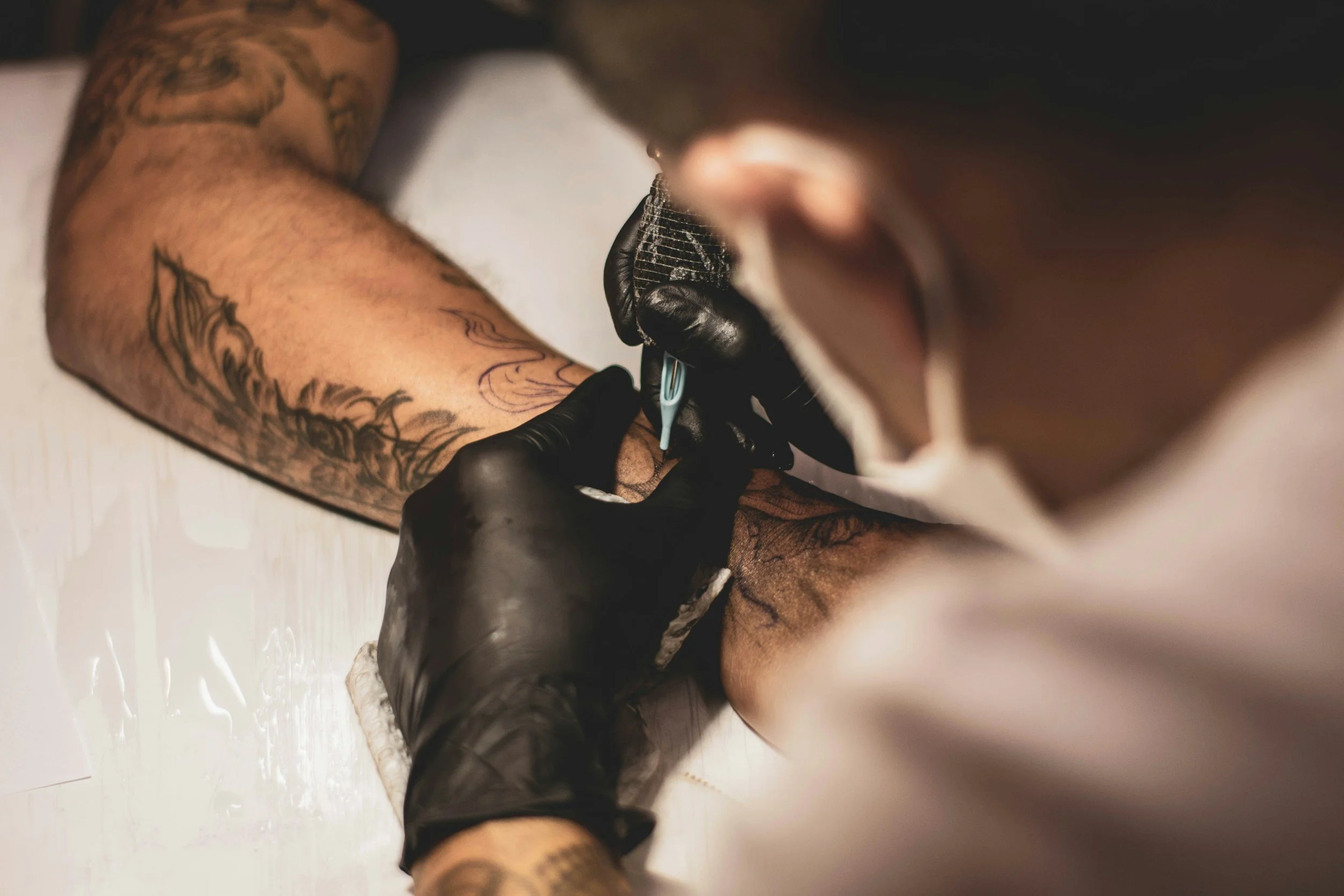How the Tattoo Industry is Evolving:
What’s Changed in Becoming a Tattoo Artist and the Impact of Accessibility
The tattoo industry has definitely evolved over the years. While becoming a tattoo artist still requires a lot of hard work, the way people are entering the industry has definitely changed. It used to be that getting into tattooing was a long, almost secretive process, with a lot of learning on the job and finding mentors the old-fashioned way. But now, with all the resources available online, it’s easier than ever to pick up tips and tricks, develop your skills, and get a foot in the door.
So, does this newfound accessibility make it easier to break into the industry? Or does it cause more problems by leading to a flood of new artists who might not be as passionate as they used to be? Let’s dive into how things are changing, for better and for worse.
The Good: Easier Access to Resources and Skill Development
First things first—yes, it’s definitely easier now to learn the ropes. Back in the day, you had to get your hands dirty in a real studio, often with little more than guidance from a mentor and a lot of trial and error. You couldn’t just Google a technique or watch a tutorial on YouTube. Now, there are online courses, YouTube videos, and even Instagram pages dedicated to tattoo education. You can learn about shading, colour theory, needle techniques, and so much more without ever stepping into a studio.
And that's awesome because it means people who might not have had access to a good apprenticeship can still get into the game. There are no barriers like there once were, and if you’re passionate about learning, you can improve your skills pretty quickly with the right resources. The learning curve isn't as steep, and if you put in the time, you can really grow as an artist.
The Bad: Oversaturation and Lack of Passion?
But here's the flip side—there's something about the accessibility of tattooing that may be causing more harm than good. With so much available online, it’s almost like anyone can pick up a machine and start tattooing. The days of earning your place through hard work and dedication are behind us. Sure, you might develop technical skills faster, but does that make someone a true artist? Some people might not have the same level of passion for tattooing as they used to, and that’s showing in the work that’s coming out now.
Tattooing has become more accessible, but in a way, it has also become a bit oversaturated. It’s harder to stand out as a tattoo artist when everyone and their dog is trying to make a name for themselves. And that means the market is flooded, which makes it tough to get noticed, especially for newer artists just trying to make a living. While the quality of tattoos overall is getting better, the sheer number of artists is increasing too, and not all of them have the same level of experience or dedication. It’s almost like a race to get as many clients as possible, which can sometimes water down the authenticity of the work.
Has the Industry Lost Its Edge?
Another thing to think about is how the industry itself has changed. There used to be this feeling of exclusivity, like tattoos were for a select group of people. Now, tattoos are everywhere, and it’s no longer just for rebels or outlaws. While that’s great for breaking down stigma, it also means that the artistic aspect might not feel as special as it once did. The tattoo world isn’t as underground or rebellious anymore—it’s more mainstream, and that comes with its own set of challenges.
The Future of Tattooing: Easier to Get In, But What’s the Cost?
Looking forward, tattooing is definitely going to keep evolving. The fact that there are so many people jumping into the industry is both a blessing and a curse. On one hand, it means more diversity in styles and techniques, which is awesome. On the other, it could make it harder to find true passion in a sea of competition. It’ll be interesting to see if the industry can balance all this newfound accessibility with the traditional aspects that made tattooing such a unique art form in the first place.
If you want to hear more about how this shift in the industry is playing out, we dive into it in our latest instagram video. We sat down with Tattoo Artist Glen Carloss to find out his thoughts on how the tattoo industry is evolving, click on the image below to be taken to our video!
While it’s amazing that tattoos are now accepted more widely, it does raise the question: Are people still getting tattoos for the art and meaning behind them, or is it just another trend? Some argue that because tattoos have become so accessible, it’s easy to treat them as something you just pick up and move on from, rather than investing in the long-term passion that used to drive the industry.




